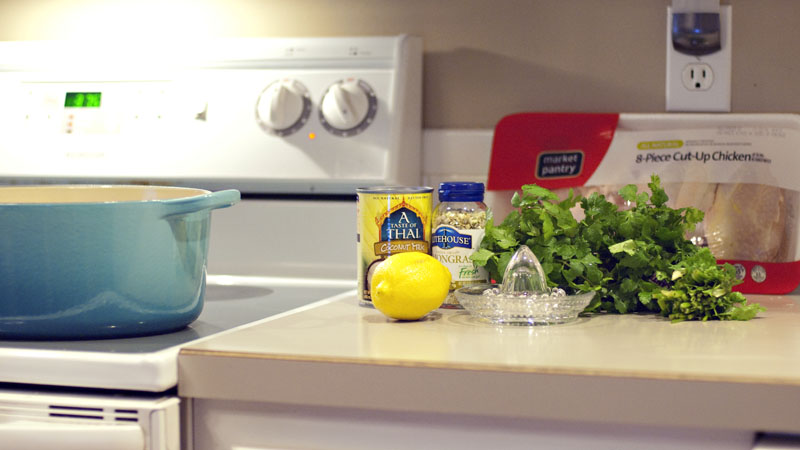If you give a foster family a chicken dinner,
They might have extra time to spend with their foster child.
When they have extra time to spend with their foster child,
They’ll spend it taking a walk, looking at flowers.
When they spend it on a walk looking at flowers,
They learn more about each other because they aren’t feeling stressed by dinner prep.
When they learn more about each other because they aren’t feeling stressed,
They are able to work on forming a healthy attachment.
If they’re able to work on forming a healthy attachment,
They’re creating a foundation for lifelong relational health.
If they’re creating a foundation for lifelong relational health,
Sometimes it feels too risky and the foster child will push them away.
When it feels too risky and the foster child pushes them away,
The foster parent will need to work through their own feelings of rejection and lovingly draw closer to the child.
When the foster parent can lovingly draw closer to the child, the child may realize they are committed even when things are tough.
If the foster child realizes the foster parent is committed, they may feel safe enough to open up.
When the foster child feels safe enough to open up, the foster parent can respond with empathy and can help meet their physical needs.
When a foster parent responds with empathy and offers to meet their physical needs, the child may feel ready to eat.
And when the foster child feels ready to eat, she may ask for a chicken dinner.
Being a foster parent is one way to help a foster child, but it isn’t the only way. This work takes a team approach and sometimes the best thing you can do is bring dinner. You may wonder how dinner helps, other than just the physical provision of food, but the time you invest in making that meal is time that foster parents can invest in relationship building with the child. There are so many other examples– bringing diapers, having groceries delivered, praying for the child and family, dropping off coffee for an exhausted mom, taking their bio or adopted kids on a fun adventure so the focus can be on the foster child, providing childcare so the family can go to court.
I think there is a wrong impression that doing something for foster kids requires actually being the one to invest in the foster kid. What many of us know is that when you invest in the foster FAMILY or the foster PARENTS you are actually doing the best thing possible for the foster child. They need to bond with those parents. They need to feel safe and loved by consistent adults who can provide nurture, structure and stability for them. They don’t need a rotating parade of adults in and out of their lives to say nice things to them. When you can build into the foster parents, the foster child will reap the rewards.
These kids need foster parents who don’t burnout. They need experienced foster parents who have learned how to work with the system, have successfully built relationships with biological families, and have gained parenting wisdom by working with kids from trauma. Having an involved and educated support structure is one way we can prevent burnout in our foster families. If you are part of that support structure, take pride in what you’re doing! Claim it. Tell other people how you are involved in the work of foster care by bringing meals, showing up with emergency pacifiers when the brand the family had on hand wasn’t working, and helping facilitate date nights for the foster parents (gift cards they can use for a date night in after the kids have gone to bed is a great way to handle it.).
We recently attended a picnic thrown by a local church for foster families with our agency. The dinner was great, but what was even better was being able to just sit with other families who understand what we’re going through. The foster, adopted and bio kids were able to play with other foster, adopted and bio kids. This is so beautifully normalizing for our kids. While the church who provided the food may have thought they were just providing a meal, it was SO MUCH MORE than that for the families involved. It was a rare opportunity to relax with people who know our struggles and joys.
We need everybody to show up for these kids. Think about your unique gifts and passions and how you can use them for foster kids (make a blanket! paint a nursery! take a family photo! give guitar lessons!). Everybody can do something and maybe what you can do is make a chicken dinner.
*This post was originally published at Her View From Home.


Pingback: What happens when you give a foster family a meal? – Let Me Not Wander